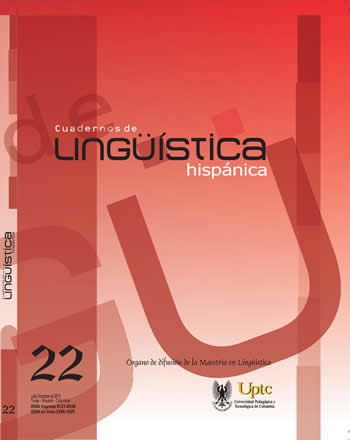Gender Positioning in the Development of EFL activities

Résumé
This article describes an experience related to gender positioning in a group of Fifth Grade students at a public institution of Boyacá. Due to the type of study and its objectives, the focus of the analysis and the interpretation of data applied was the Feminist Post-Structuralist Discourse Analysis (FPDA). The results showed that students use different positioning mechanisms during the development of the activities proposed in class, and that girls have a privileged status in the group. It was also evident that the use of the dictionary is a way to exercise power over others. Social relations in this group have emerged and solidified over time. The results also demonstrated that the positioning of the students has a positive or negative impact on their language learning process. Finally, some conclusions and implications for teachers are suggested in order to improve teaching and social practices in the classroom.
Mots-clés
discourse, gender, positioning, power, language learning
Biographie de l'auteur
David Camargo Pongutá
Administrativo Profesional
Oficina Educación Virtual